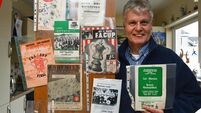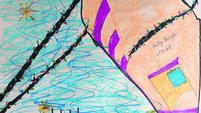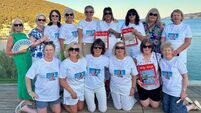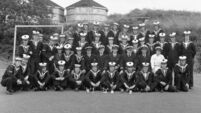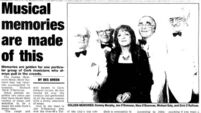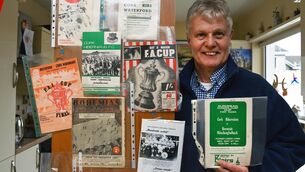'He outclassed the best men of his day': Recalling the legacy of Cork’s ‘Ring Napoleon’ Jack McAuliffe
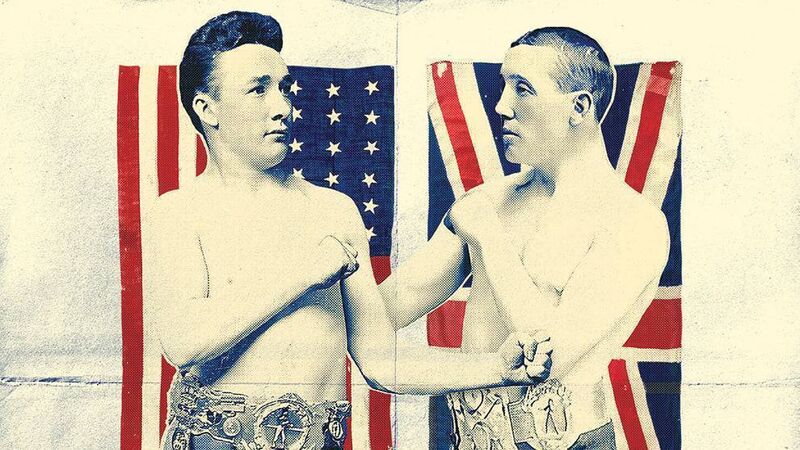
Jack McAuliffe, left, and his great rival, England’s Jem Carney.
McAuliffe, who fought in both eras, legitimately laid claim to the world title after defeating the three top English lightweights: Sam Collier, Jack Hyams, and Harry Gilmore.
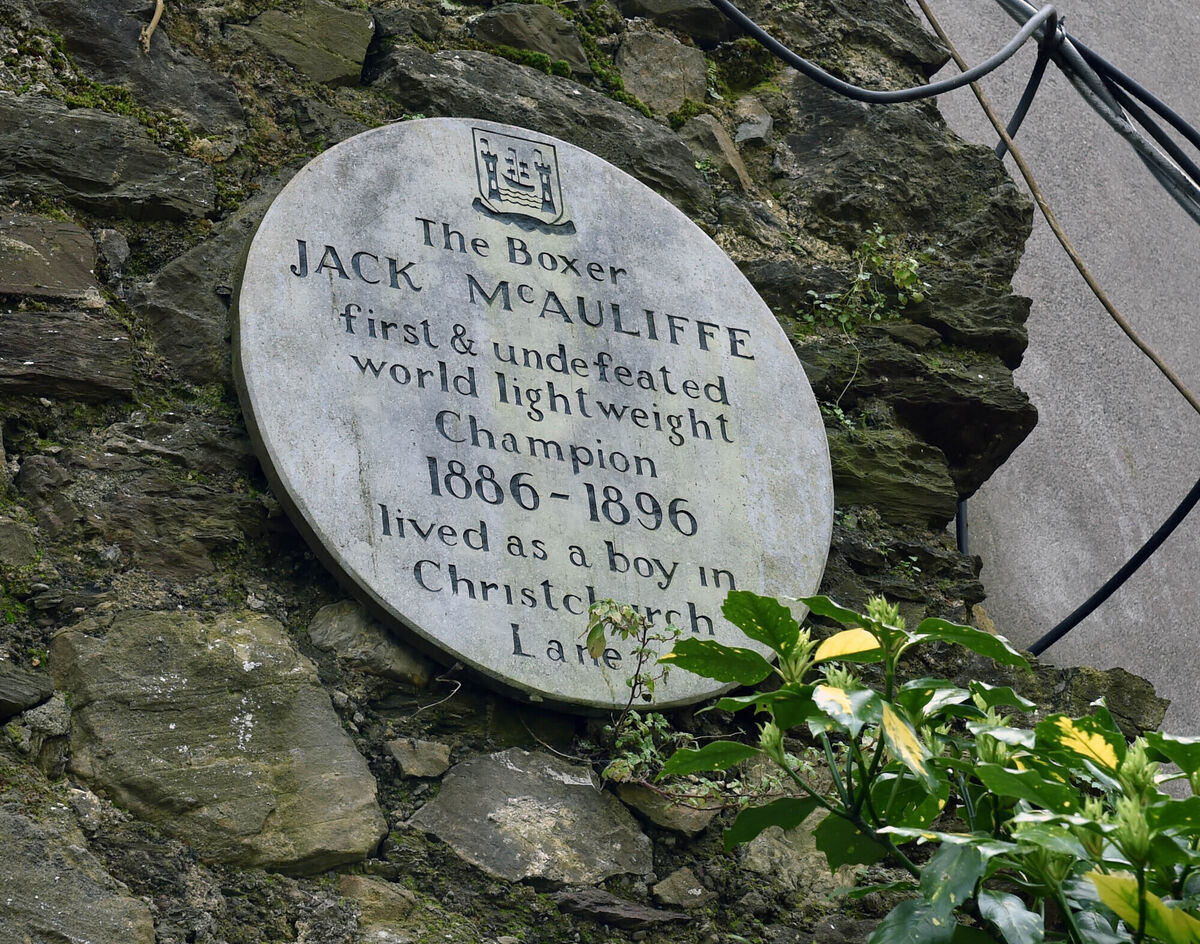
Like most boxers, McAuliffe started in the amateur ranks and won a tournament in New York in 1882 advertised as “the amateur featherweight championship of America”.
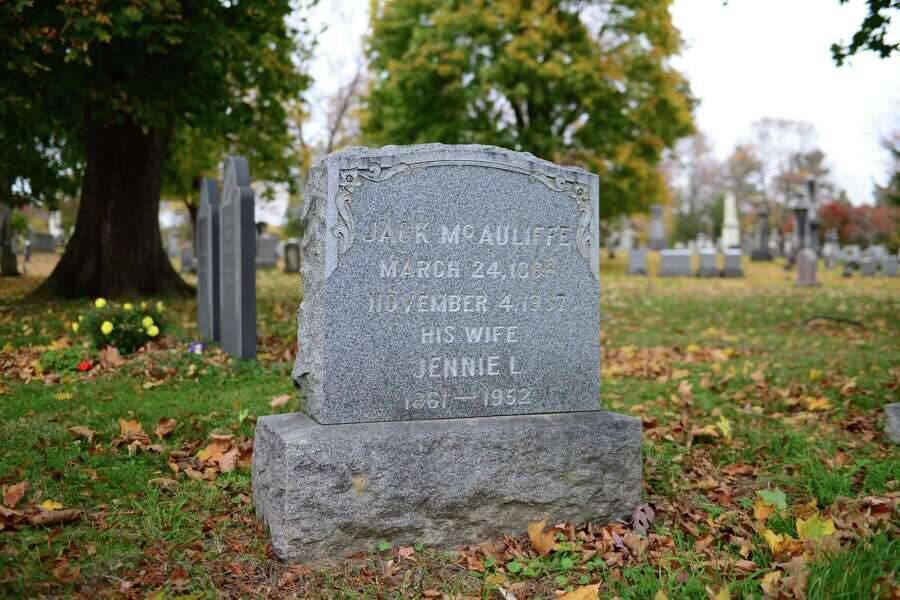
In his retirement, he managed to earn a good living by sparring in exhibition bouts and reciting monologues on the stage, mainly humorous boxing stories.
